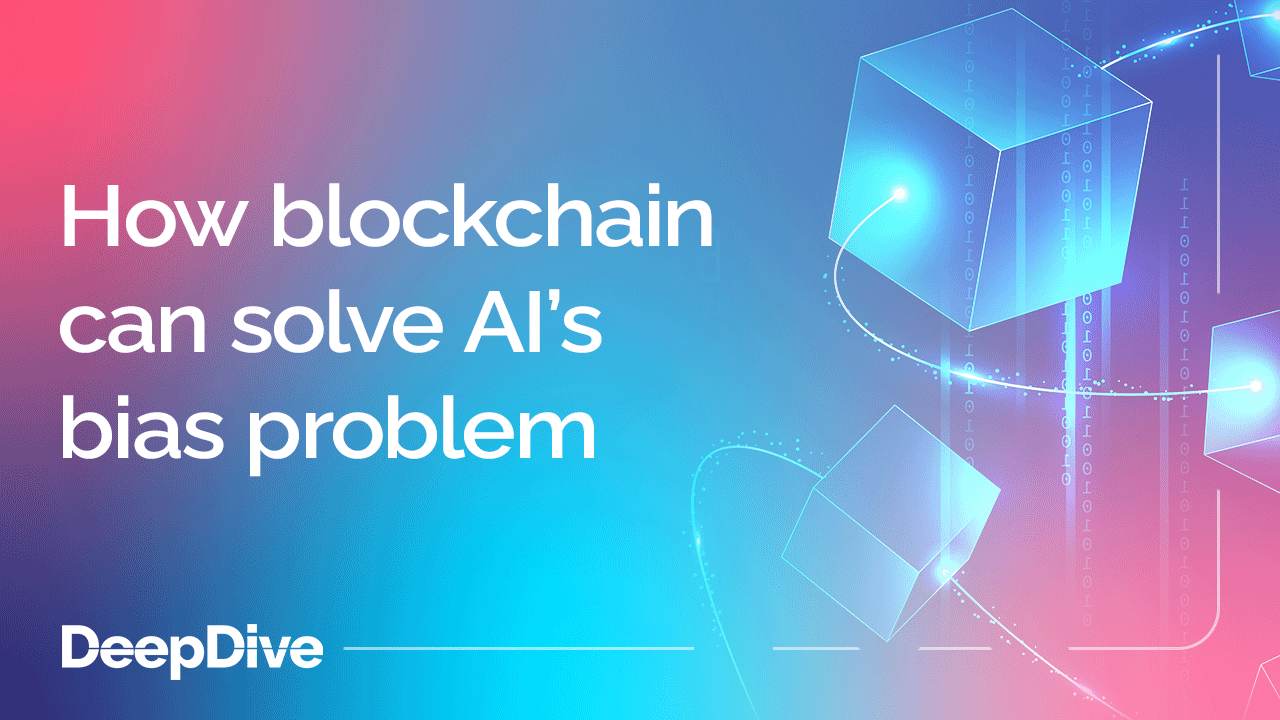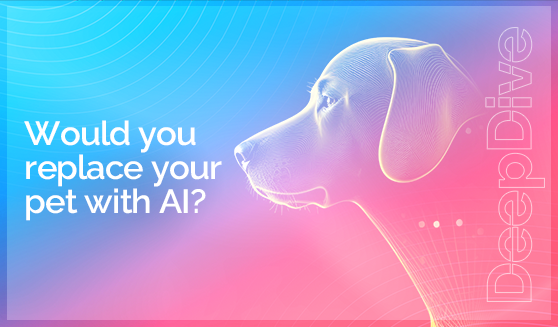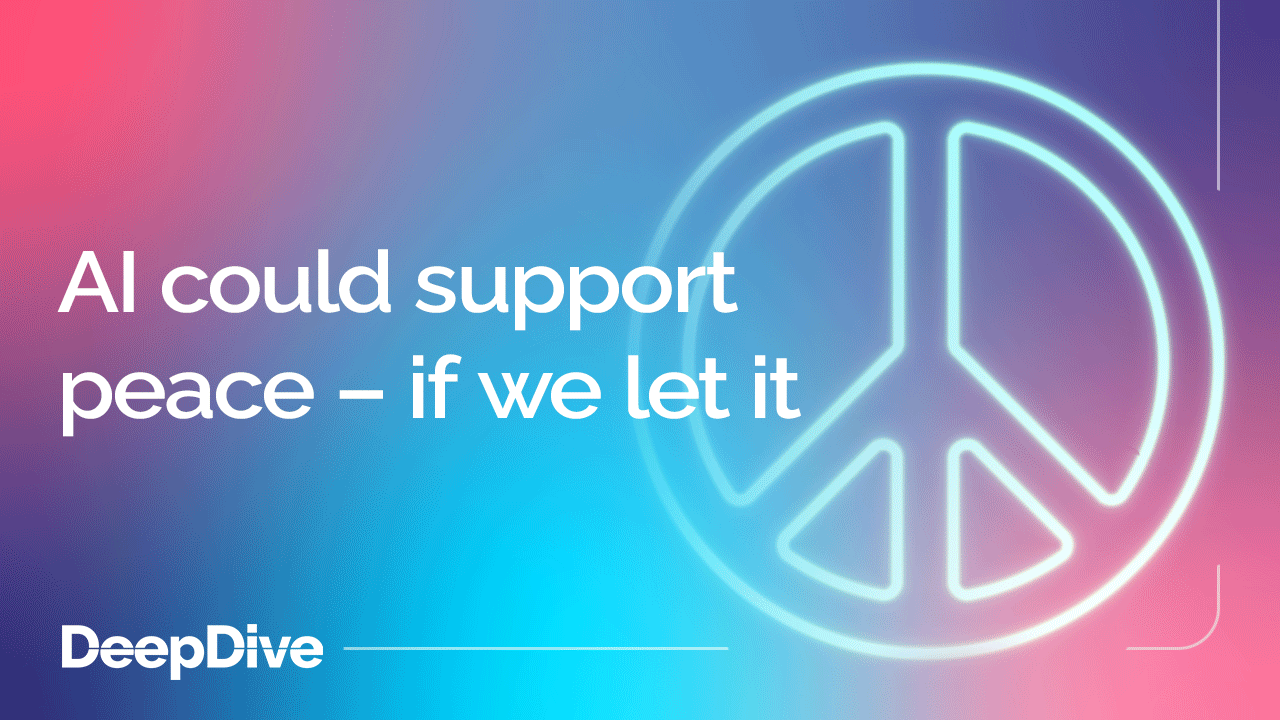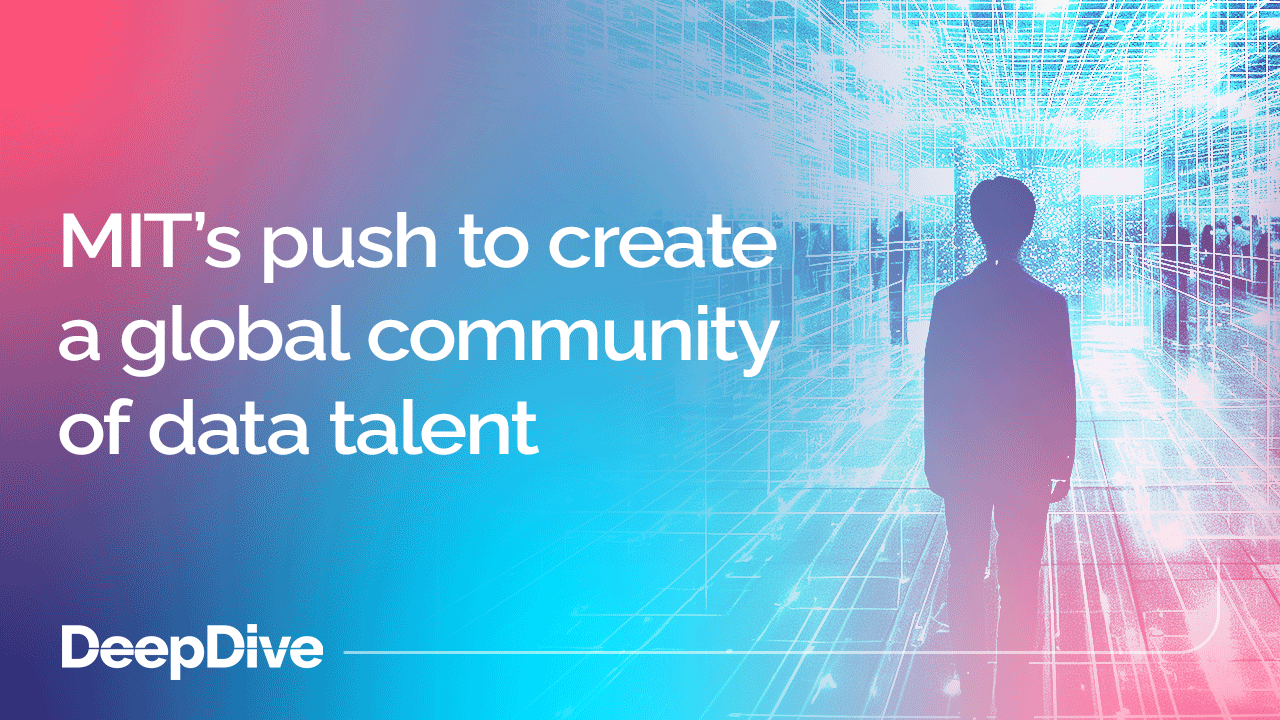

Would you replace your pet with AI?

Welcome to the 40 new deep divers who have joined us since last Wednesday. If you haven’t already, subscribe and join our community in receiving weekly AI insights, updates, and interviews with industry experts straight to your feed.
----------------------
DeepDive
Your weekly immersion in AI.
According to PwC, artificial intelligence could contribute as much as USD $15.7 trillion to the global economy in 2030 – that’s more than the current economic output of China and India combined.
So everyone’s talking about our future with AI. From healthcare to the automotive industry, and day-to-day productivity, AI tech is transforming the way we live and work.
Amidst all the rational predictions of how things might change, we’ve spotted some…well, to put it bluntly, some pretty weird ideas.
One of the more out-there predictions we’ve seen about AI is that we’ll soon be living with AI-powered pets.
Superintelligent and economically efficient pets
Do you have a dog or a cat? Reports have suggested that in the not-too-distant future, AI could replace our household pets.
AI-powered animals already exist in the market – with, for example, robotic dogs in development for the defence industry that could follow telepathic commands from soldiers.
And there’s Go1: an intelligent four-legged robot companion developed by Unitree Robotics in China. The robot’s movements include gait generation, motion control, navigation and stability control, and it learns and adapts through AI – with the ability to follow its owner via human recognition capabilities including a number of fisheye binocular sensors.
For people who have limited space, another Chinese company, LivingAI, has created a tiny AI-powered desktop pet called EMO.
What are the benefits of AI-powered pets?
They’re convenient. And you can programme them to suit your lifestyle down to a tee – so you don’t have to adapt your days to meet their needs.
AI pets can:
- Make no noise (goodbye frustration when the dog barks every time someone walks past your house).
- Be programmable to suit your needs, and have no needs of their own (no more getting up at 5am to let them out, or having to book an expensive dog walker when you’re out of the house all day).
- Carry heavy loads, such as shopping.
- Do other useful things for you, like turn on lights and other electrical devices at preset times, and act as your alarm clock.
- Have a lower environmental impact. Without the need for the production of large volumes of meat-based food, AI pets could be a more sustainable solution to pet ownership in the future.
They offer round-the-clock companionship without the maintenance demands and costs of living pets. They don’t come with any allergy risk – and when it’s not convenient to have a pet, you don’t have to worry about neglecting them.
Is there a health cost?
There is doubt among mental and physical health professionals that AI pet companions can really fulfil all of the roles that pets play in our lives.
Caring for and interacting with a pet has been found to:
- Decrease stress: Lowering levels of the stress hormone cortisol, and lowering blood pressure.
- Improve heart health: Having to get out and walk or play with your pet regularly can protect against heart disease.
- Protect against the negative impact of loneliness: Pets can reduce loneliness, make you feel connected and supported, and boost your mood.
- Improve mental health: Pets (and particularly dogs and cats) have been found to reduce the likelihood of anxiety and depression.
- Improve emotional and social skills in children: Interacting with a pet helps children to become active and emotionally secure, as well as developing empathy and respect for others.
Arguably, AI pets can’t replace the complex emotional experience of caring for an animal and building a reciprocal relationship with them – and robots don’t require owners to get outside, walk, and remain active.
That doesn’t mean they won’t have any mental or physical health benefits. But the reality is that most people who have pets don’t keep them for their convenience or practical support; they live with animals because the relationship that grows between human and pet runs deep.
We’d love to know what you think about AI pets. Are they a great solution to the human desire for pet ownership, or an unfulfilling alternative?
If you enjoyed this content and want to learn more about the latest in AI, subscribe to our YouTube channel, where we upload new videos every week featuring leading AI industry experts like Pascal Bornet (Chief Data Officer, Aera Technology), Cassie Kozyrkov (Chief Decision Scientist, Google), Betsy Greytok (Vice President, Ethics amp; Policy, IBM) and more at #DeepFest23. You can also register for DeepFest 2024.





